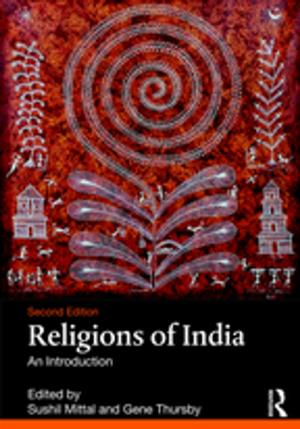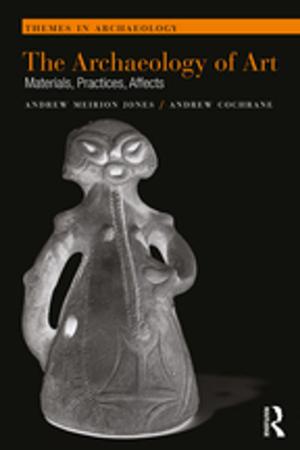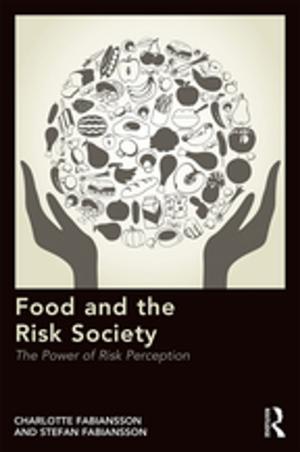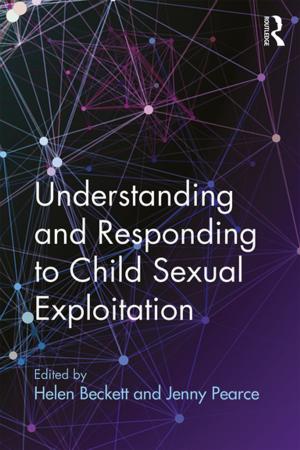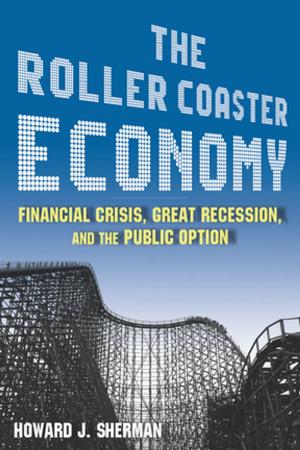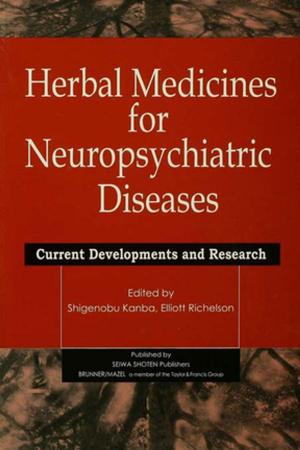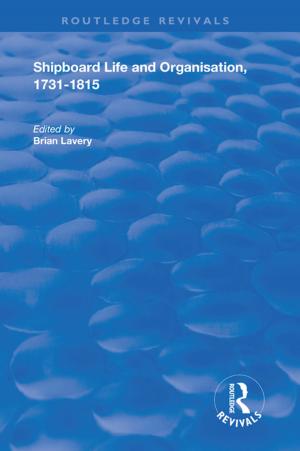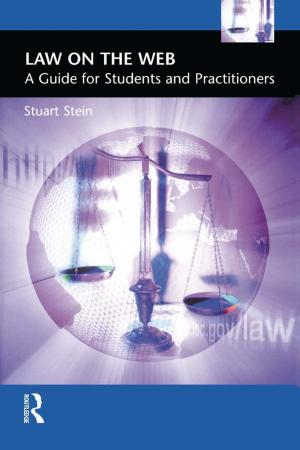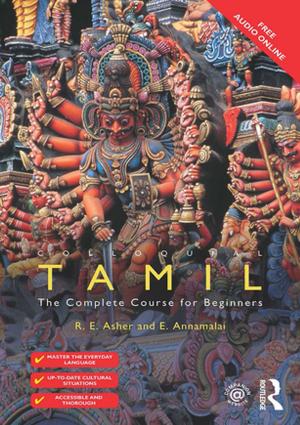Measuring Crime and Criminality
Nonfiction, Social & Cultural Studies, Social Science, Crimes & Criminals, Criminology| Author: | John MacDonald | ISBN: | 9781351506403 |
| Publisher: | Taylor and Francis | Publication: | September 8, 2017 |
| Imprint: | Routledge | Language: | English |
| Author: | John MacDonald |
| ISBN: | 9781351506403 |
| Publisher: | Taylor and Francis |
| Publication: | September 8, 2017 |
| Imprint: | Routledge |
| Language: | English |
Measuring Crime and Criminality focuses on how different approaches to measuring crime and criminality are used to test existing criminological theories. Each chapter reviews a key approach for measuring criminal behaviour and discusses its strengths or weaknesses for explaining the facts of crime or answers to central issues of criminological inquiry. The book describes the state of the field on different approaches for measuring crime and criminality as seen by prominent scholars in the field. Among the featured contributions are: The Use of Official Reports and Victimization Data for Testing Criminological Theories; The Design and Analysis of Experiments in Criminology; and Growth Curve/Mixture Models for Measuring Criminal Careers. Also included are papers titled: Counterfactual Methods of Causal Inference and Their Application to Criminology; Measuring Gene-Environment Interactions in the Cause of Antisocial Behaviour and What Has Been Gained and Lost through Longitudinal Research and Advanced Statistical Models? This volume of Advances in Criminological Theory illustrates how understanding the various ways criminal behaviour is measured is useful for developing theoretical insights on the causes of crime.
Measuring Crime and Criminality focuses on how different approaches to measuring crime and criminality are used to test existing criminological theories. Each chapter reviews a key approach for measuring criminal behaviour and discusses its strengths or weaknesses for explaining the facts of crime or answers to central issues of criminological inquiry. The book describes the state of the field on different approaches for measuring crime and criminality as seen by prominent scholars in the field. Among the featured contributions are: The Use of Official Reports and Victimization Data for Testing Criminological Theories; The Design and Analysis of Experiments in Criminology; and Growth Curve/Mixture Models for Measuring Criminal Careers. Also included are papers titled: Counterfactual Methods of Causal Inference and Their Application to Criminology; Measuring Gene-Environment Interactions in the Cause of Antisocial Behaviour and What Has Been Gained and Lost through Longitudinal Research and Advanced Statistical Models? This volume of Advances in Criminological Theory illustrates how understanding the various ways criminal behaviour is measured is useful for developing theoretical insights on the causes of crime.

